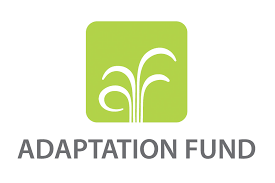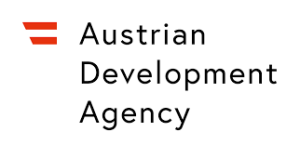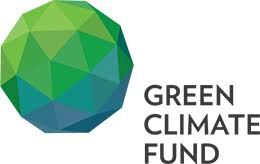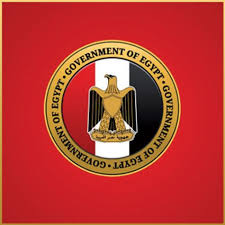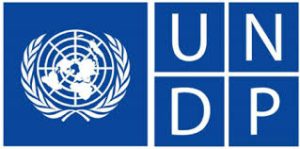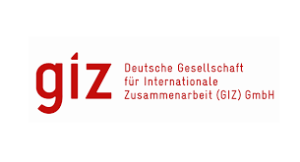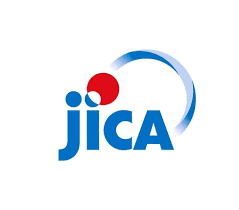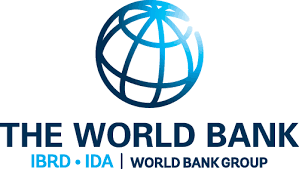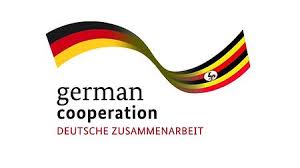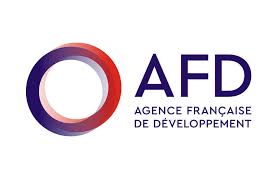As a Least Developed Country (LDC), Uganda faces challenges such as poverty and
infrastructure gaps, but it has made significant progress in education, health, and economic
reforms. Despite its negligible contribution to global emissions (0.099 percent), Uganda is highly
vulnerable to the impacts of climate change. Ranked 13th in vulnerability and 160th in readiness,
the country faces increasingly frequent and severe weather events such as floods, droughts, and
erratic rainfall. These extreme events are causing landslides, water shortages, and crop failures
and other impacts, which threaten Uganda’s socio-economic progress.
Following a request by the state minister for Environment in 2018, Uganda officially joined the
LIFE-AR initiative in November 2020. A task force was established to draft a concept note on
how LIFE AR would be implemented in Uganda. The concept note recommended the Devolved
Climate Finance (DCF) mechanism as the preferred approach to deliver climate finance for local
adaptation and resilience building. This mechanism aligns with Uganda’s devolved governance
system, integrates climate change into local planning, and supports the country’s National
Climate Change Policy, Nationally Determined Contribution (NDC) and National Development
Plan. The initiative aims to build Uganda’s climate resilience by supporting community-driven
climate action, with at least 70% of funding directed toward local priorities.
LIFE AR in Uganda will strengthen in-country capabilities, systems and institutions for climate
action, ensuring that there’s sustained funding for climate action and that at least 70% of this
funding supports community priorities.
LIFE-AR Program Achievements in Uganda so far:
The LIFE-AR program in Uganda has made significant strides, achieving key milestones in its Test &
Evolve phase. Following the establishment phase, the program is being piloted in 12 districts across the
countries with four districts of Kalungu, Kibaale, Pader Kaabong into the investment phase.
Key Achievements:
- Multisectoral Governance Structures: Established a National Steering Committee, Task Team,
Secretariat, and Technical Working Groups, ensuring a whole-of-government and whole-of-society
approach.
Training of Trainers Workshop in April 2024
- Devolved Climate Finance Mechanism (DCF): Designed a tailored delivery mechanism to channel
funds to local levels, complemented by a Monitoring, Evaluation, and Learning (MEL) framework, aiming
to deliver at least 70% of climate finance to support community adaptation investments. - Baseline Studies: Conducted studies to inform the design of the country’s delivery mechanism,
including Uganda’s baseline against the LDC offers and fund management in the short and medium
term. - Awareness and Capacity Building: Engaged key government ministries, departments, and agencies
(MDAs) and non-state actors at the national level, and built capacity at local government levels,
including training of trainers for district technical personnel on LIFE-AR and DCF.
Community awareness raising in Kalungu
- Community Engagement: Facilitated the election and training of Parish Climate Change Committees
(PCCCs), recognized by the National Climate Change Act, to facilitate local engagement and community-
centered decision-making. - Climate Risk and Vulnerability Assessments: Conducted assessments in all 12 pilot districts to inform
the selection of priority adaptation investments. - Proposal Development: Supported PCCCs to develop proposals for their selected investments, clearly
articulating climate risks and anticipated benefits to the community. - Funding Community Investments: Provided funding for community-prioritized and climate risk-
informed investments.
In-country learning workshop on the establishment phase
Moving forward
- District-Wide Climate Risk and Vulnerability Assessments (CRVAs) completed in all districts
- District and sub-county technical awareness meetings conducted
- PCCC election and training process completed
- Proposal development and investment selection for the first four districts completed
- Investment implementation in progress for the first four districts.
Date joined: November 2020
Current phase: Test & Evolve
Number of districts/sub-districts selected: 12 Pilot Districts
Name of organisation responsible: Ministry of Water and Environment
Name and function of focal point:
Scovia Akot (National Focal Point)-Coordination of the Programme; Harriet
Kyomuhendo (Alternate Focal Point)
Follow us on social media
X @LIFEARug
www.youtube.com/@LDC_LIFE-AR
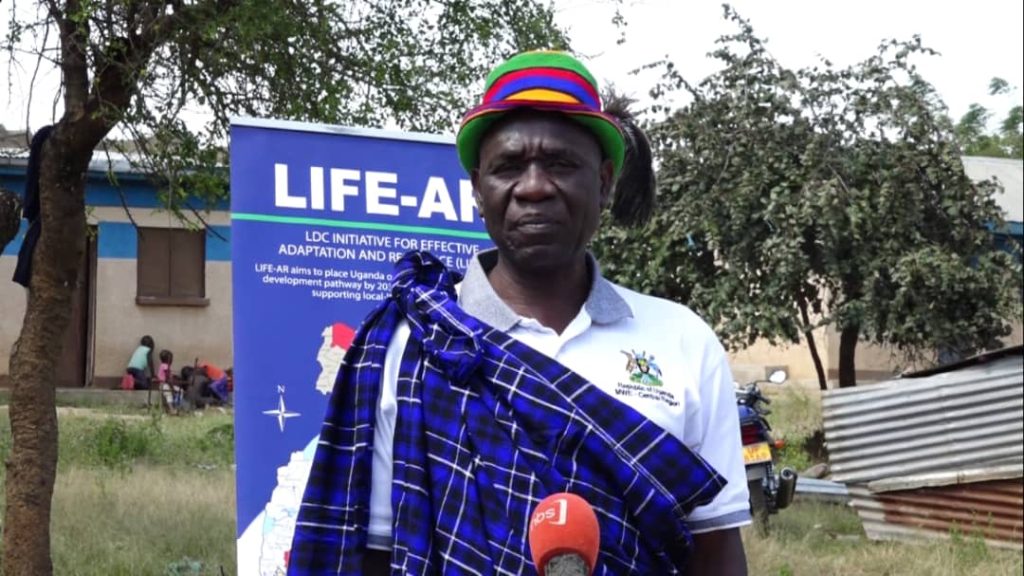
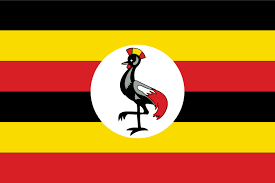 Official Website of the Ministry of Water and Environment
Official Website of the Ministry of Water and Environment


